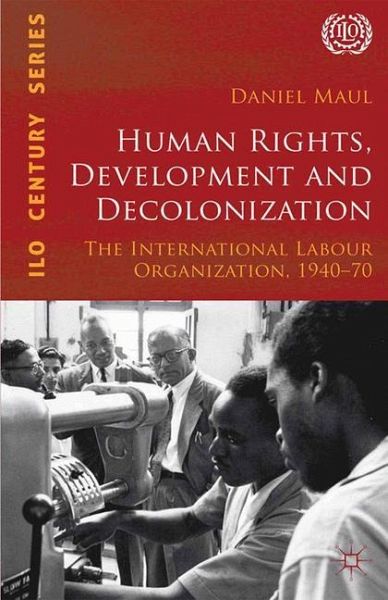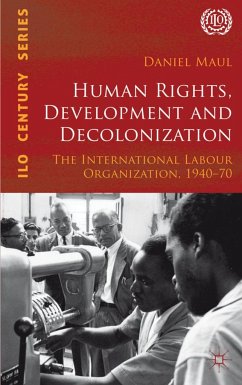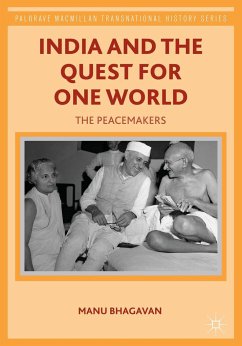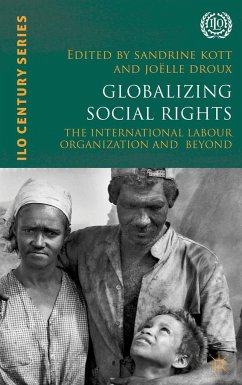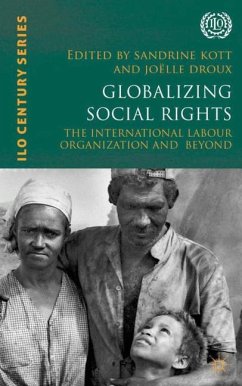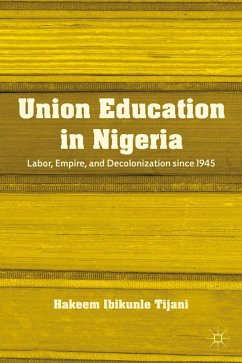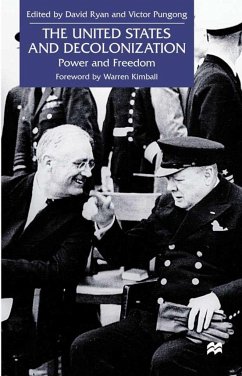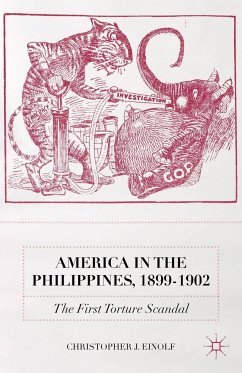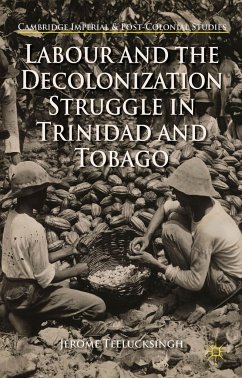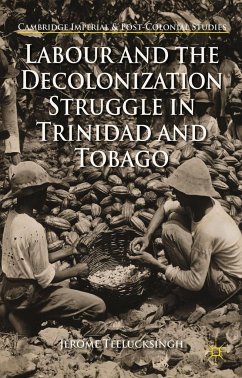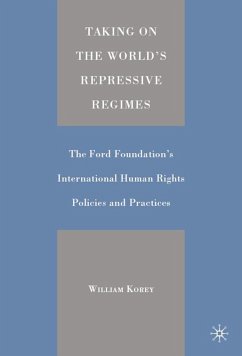'Abreak-through in historical scholarship on international politics in the twentieth century in general and on the role of international organizations, human rights and development in particular. It is immensely gratifying to see this excellent book appear in English translation, which makes it available to the large international audience it deserves. A carefully crafted, well-written study, the book will become a standard work for scholars and students in history, political science, human rights and development studies.' - Corinna R. Unger, Jacobs University Bremen, Germany 'This excellent book offers fresh insights into the complex field of international social policy. After difficult beginnings the International Labour Organization became 'a world en miniature', within which a new state order with new nations and new ideas, hopes, and claims for freedom and human rights emerged in the decades after World War II. The ILO shaped the process of decolonization in manifold ways and, as Daniel Maul shows on the basis of much new evidence, helped to establish a discourse of global responsibility.' -Andreas Eckert, Humboldt Universität Berlin, Germany 'This is a rich history for scholars of human rights, international organizations, and development, tightly focused on the ILO but not trapped in the halls of its secretariat.' - Roland Burke, La Trobe University, American Historical Review
